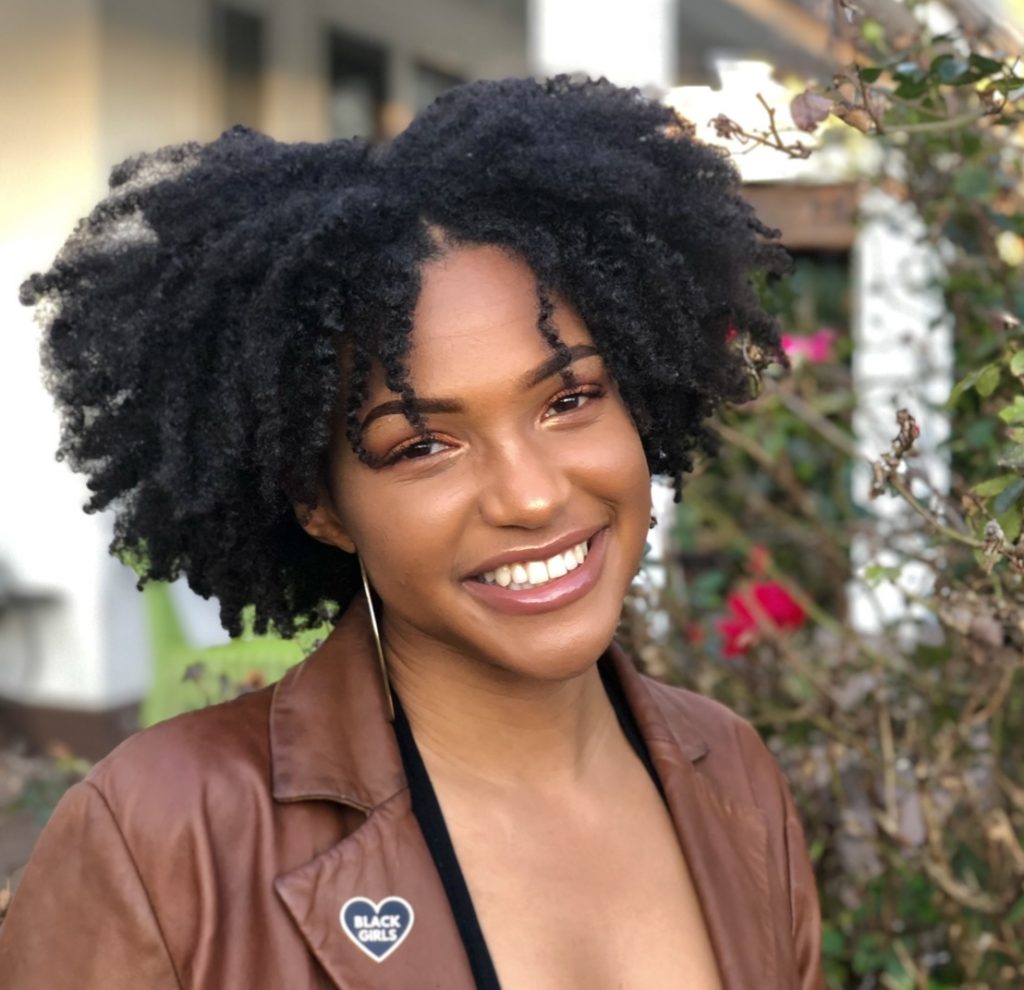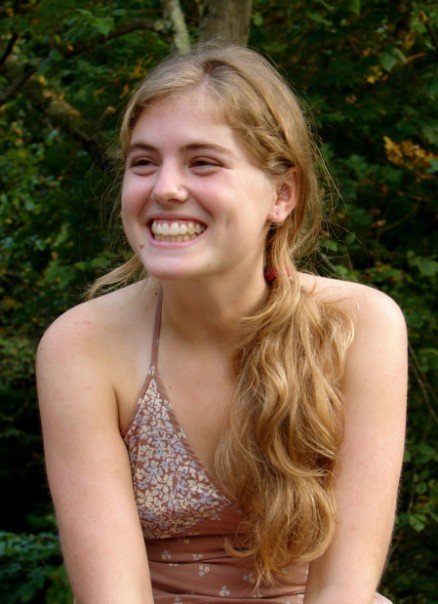SIT Cameroon alumna named Alice Rowan Swanson Fellow
Announcement Date: December 20, 2021
Her project will document women's stories in Namibia

BRATTLEBORO, Vermont — Amara Evering, a 2020 graduate of Emory University and 2019 alumna of SIT Cameroon, has been named the next Alice Rowan Swanson Fellow.
Amara, a creative writing and sociology major who now works as a radio journalist, plans to travel to Windhoek, Namibia, to develop a series of 10 radio stories for Sister Namibia, a women’s rights organization. Her project is called Radio Storytelling for Women's Empowerment in Namibia.
Without access to information, women are left unaware of available resources.

The Alice Rowan Swanson Fellowship was established in 2009 by the family of SIT Study Abroad alumna Alice Rowan Swanson as a living tribute to her life, her desire to bridge cultures and help others, and the role that SIT Study Abroad played in her life. An alumna of SIT Nicaragua and a 2007 graduate of Amherst College, Alice was killed while riding her bicycle to work in 2008.
Fellowships are awarded twice annually to SIT Study Abroad alumni seeking to pursue locally led human rights projects in the countries where they studied abroad.
Amara studied abroad on SIT Cameroon: Development and Social Change. In Namibia, she will draw on her study abroad experiences and independent research for her new project. In her fellowship application she describes her Independent Study Project in Cameroon: “I studied the nuances of gender and sexuality within Cameroonian traditional dance. Dance was the vessel for which I studied sexual violence in the colonial area, hyper masculinity, and self-expression within Cameroon’s LGBTQ community.”
Amara said her fellowship project seeks to uphold Article 26 of the Universal Declaration of Human Rights—the right to education—by creating stories that inform women about resources available to them. She chose radio as a medium because less than half of all women in Namibia have no internet access, a statistic that skews heavily toward women in rural areas.
“Without access to information, women are left unaware of available resources. So, there has been a need to communicate information to women in Namibia on a larger scale, despite infrastructural limitations,” Amara writes.
In each 20-minute radio segment Amara will convey one woman’s story about experiences that may include sexual violence, grief, women’s health, gender/sexual identity, and cultural or linguistic heritage. “Each segment will start with a woman speaking about her experience, then transition into a creative audio retelling of these stories,” Amara notes.
I saw that when women and girls hear each other's stories, it creates an empowering solidarity.
For the dramatization, Amara will work with storytellers at the National Theatre of Namibia. The segments will be recorded in multiple languages and will include information about sexual assault resources, mental health options, and awareness about abuse, harassment, and kidnapping.
Citing a recent experience teaching storytelling to young women in Washington, DC, Amara says: “The class became a safe space for these girls to speak about colorism, family issues, educational pressures, and insecurities. The girls oftentimes would say, after listening to other girls in the class, “I didn’t know we were all in the same boat.’ I saw that when women and girls hear each other's stories, it creates an empowering solidarity.”
She hopes her Namibia stories will do the same. “For the women who tell these stories, it will be healing to be heard and their experiences documented. For women that listen in, they will feel seen as well, simply knowing that other women have similar experiences. This work will also promote the organization Sister Namibia and increase their capacity.”
